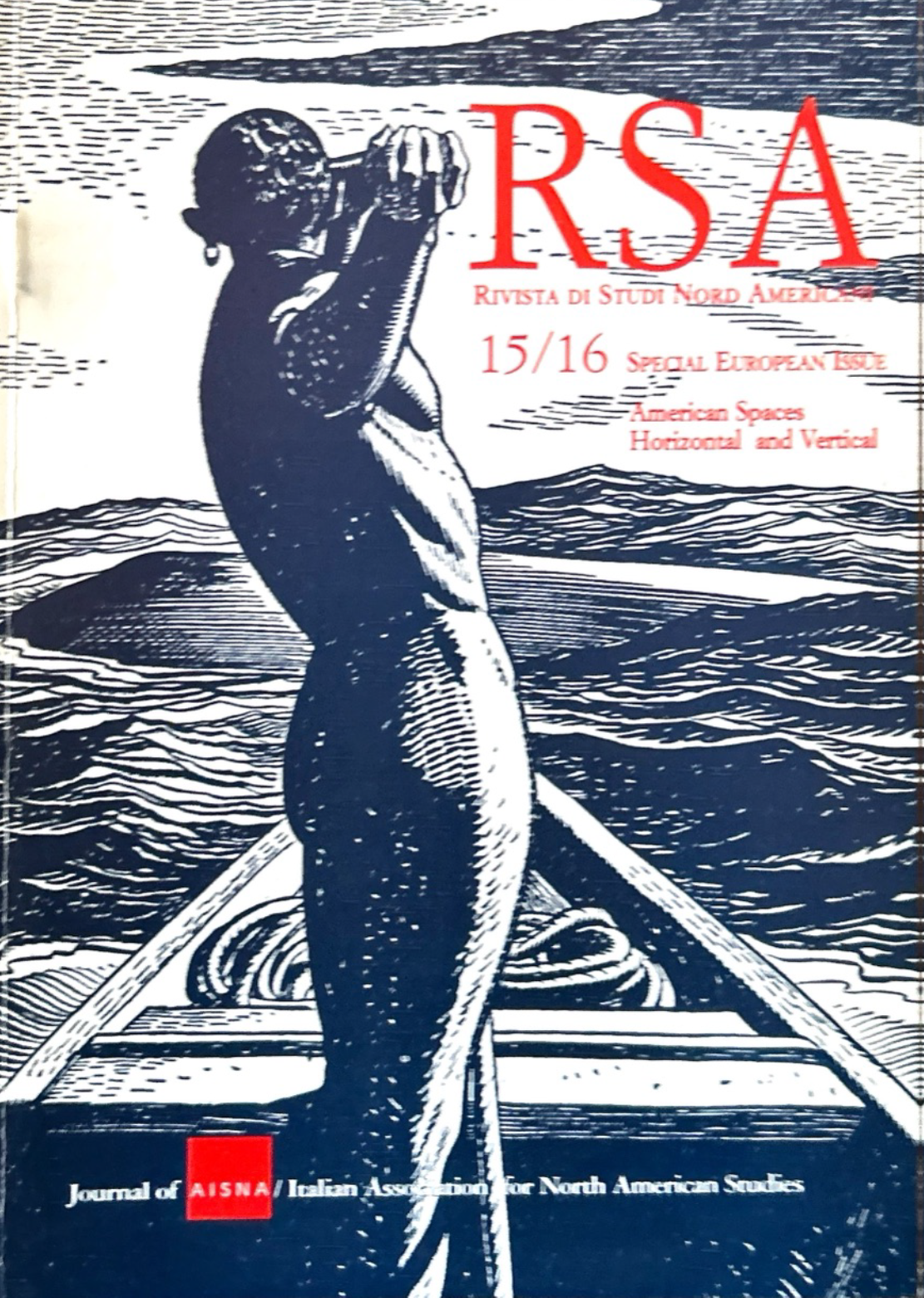Crossing the Voice, Crisscrossing the Text
Writing at the Intersection of Prose and Poetry in Sylvia Plath’s “Sunday at the Mintons’”
DOI:
https://doi.org/10.13135/1592-4467/8803Keywords:
poetry, prose, horizontality, verticality, Sylvia PlathAbstract
"Sunday at the Mintons" ushers Sylvia Plath into the world of letters as a virtuoso story-teller and an acerbic poet. Horizontal by necessity, her prose is disheveled by the stubborn assaults of a poetical urge that questions its linearity and challenges its laws. Spacializing the dialectics between genre and gender, the narrative pits Henry Minton against his sister Elizabeth, the down-to-earth, matter-of-fact brother against the fanciful extravagant spinster who dreams of floating into the blue. It behoves her to space out the narrative line, cut the tether between words and things and, within the story's cracks and the breaches of the symbolic, to release writing from the ponderous demands of referentiality. But amidst these cracks, a voice tentatively emerges which cannot hold as it yields again to the weighty conventions of the referential, the diktats of a humdrum linearity. Plath's early story not .only questions the grounds for reading, it also defies the sense of an ending. Racked by doubt, crossed by its inner contradictions, “Sunday at the Mintons’,” this article argues, stages the ceaseless transactions between the demands of the story genre and the temptation of an unfettered poetic revue, permitting, for the first time in Plath's career, the surfacing of "a voice of her own," however crossed, at the intersection of the vertical and the horizontal.
Downloads
Published
Issue
Section
License
RSAJournal will apply a CC BY 4.0 license to all its contributions starting with issue 37 (2026). Previous issues are licensed under a CC BY-NC-ND licence.





